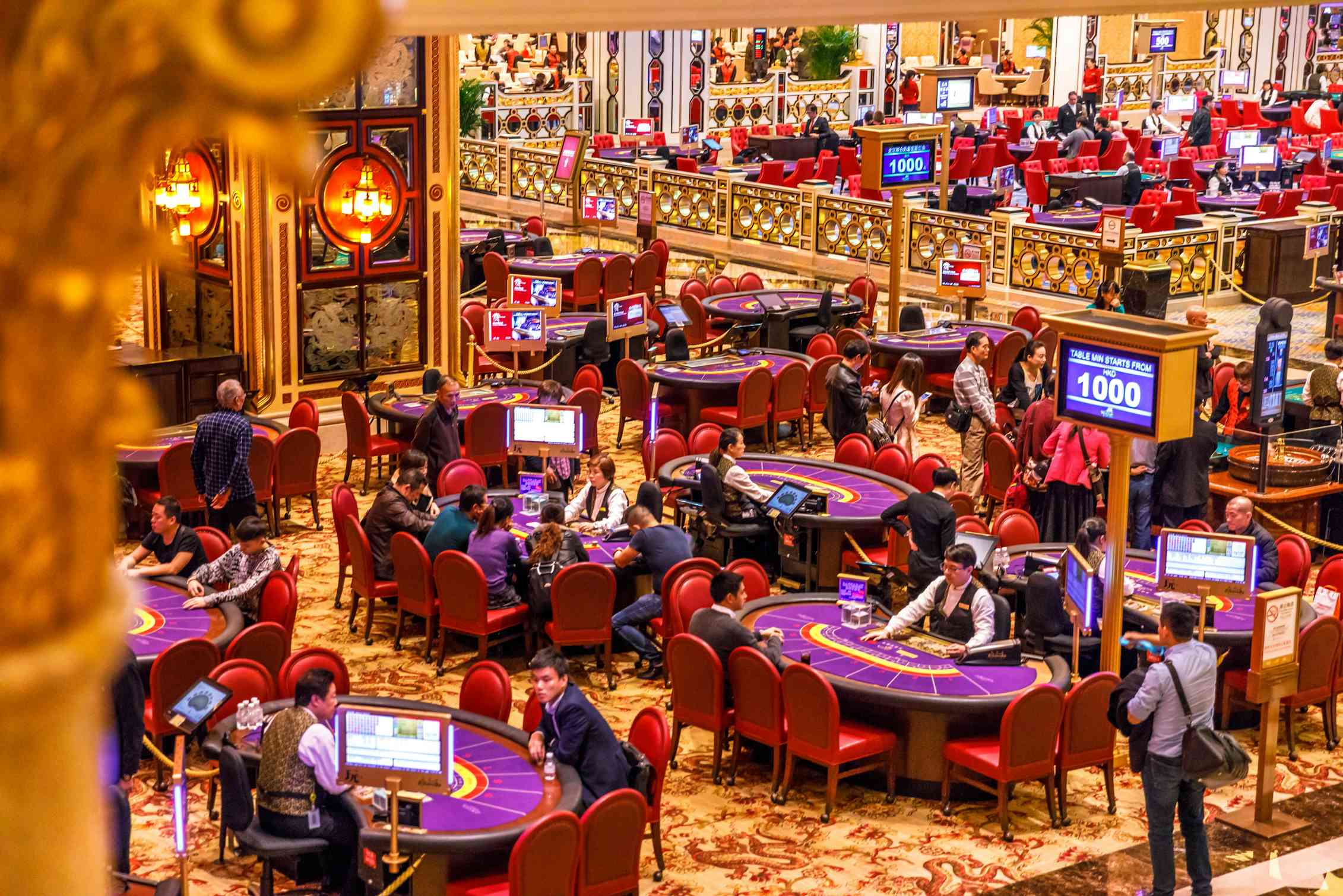A Day in the World of a Gaming Game Dealer

In the dynamic world of gambling halls, in which the air pulses with enthusiasm and the clattering of tokens permeates the environment, the role of a game dealer is both essential and captivating. Daily, these skilled experts step into a realm where luck and strategy converge, guiding players through the highs and lows of their chosen casino games. From table games like blackjack and texas hold 'em to the spinning wheels of roulette, dealers manage the gameplay while ensuring that each game runs seamlessly and fairly.
As the day breaks on another bustling day, a casino game dealer gets ready to immerse themselves in this dynamic environment. tmtplay Their responsibilities extend beyond just dealing the cards or spinning a wheel; they are also entertainers, service providers, and guardians of the rules. Each shift brings new obstacles and experiences, making every day unique in the life of a dealer. This behind-the-scenes look will examine the daily routine of a casino game dealer, highlighting the expertise and insights that make this career both exciting and rewarding.
The Role of a Casino Table Dealer
A gambling table croupier is at the core of the gaming experience, orchestrating the progress of the game while ensuring that players are engaged and entertained. Their main duty is to manage the game, which includes distributing cards, rotating the wheel, or handling the chips, based on the type of game being played. Dealers must possess a deep understanding of the regulations and regulations governing each game, while also maintaining a welcoming and approachable demeanor to improve the gaming atmosphere.
In addition to overseeing the play, croupiers must also monitor on the players and the surroundings around the table. This entails watching for any indications of cheating, ensuring that everyone is following the rules, and resolving any conflicts that may arise among players. Effective communication skills are vital, as dealers often give explanations about the game's mechanics and give assistance to those who may be novice to casino games.
Moreover, a dealer's role extends past just the mechanical aspects of the play. They play a key part in crafting an immersive experience for the players. This necessitates establishing a connection with patrons, being attentive to their wants, and often adding an element of entertainment into the play. It’s this combination of skill, vigilance, and people skills that makes the role of a gambling table croupier both challenging and fulfilling in the dynamic world of casino games.
Responsibilities and Challenges in Daily Operations
One of the main responsibilities of a dealer in a casino is to oversee the various games offered at their table, ensuring a smooth and satisfying experience for players. Dealers must be adept at dealing cards, managing chips, and maintaining the flow of the game. This requires a deep understanding of the regulations of each game, from blackjack to roulette, and the ability to answer players' questions while maintaining the game moving. Attention to precision is essential, as dealers must track bets, pay out winnings accurately, and watch for any cheating or discrepancies at the table.
In addition to supervising the game per se, dealers encounter challenges such as managing difficult players. The casino environment can be tense, particularly during high-stakes games, and a dealer must remain composed and maintain professionalism at all times. They need robust interpersonal skills to handle interactions with players who may be upset about losses or dissatisfied with the game's speed. Handling these situations delicately is essential in ensuring a positive atmosphere on the casino floor.
Another major responsibility is upholding the honesty of the game. Dealers must be vigilant and attentive, watching for any signs of collusion or cheating among players. This entails not only a solid knowledge of the games but also an awareness of player psychology. They must also follow the casino's rules and procedures, taking part in regular training sessions to keep updated on rules and protocols. Balancing these responsibilities while providing excellent customer service is what makes the role both challenging and fulfilling for a dealer in a casino.
Attributes and Qualities for Achievement
A successful casino game dealer must demonstrate excellent communication skills. This includes merely the ability to effectively explain game rules and procedures to participants but also the capacity to interact with them in a cordial and professional manner. Building rapport with guests can enhance the gaming experience and inspire repeat visits to the casino. Effective communication enables dealers to manage tables seamlessly while ensuring that players feel valued.
Moreover, robust mathematical skills are essential for a dealer. Quick arithmetic are often required to follow bets, payouts, and game outcomes in real-time. A dealer’s ability to perform these numerical tasks accurately and swiftly adds to the overall efficiency of the game. This skill helps in maintaining the flow of play and in minimizing disputes or misunderstandings with players, which is crucial in a dynamic casino environment.
Lastly, an ideal casino game dealer should show integrity and professionalism at all times. Trust is a crucial component of the gaming experience, and players must feel secure that the games are conducted fairly and clearly. A dealer's commitment to upholding high ethical standards fosters a welcoming atmosphere at the table and enhances the casino's reputation. Being dependable in behavior ensures that dealers leave a memorable impression on guests, which can lead to a loyal customer base.
